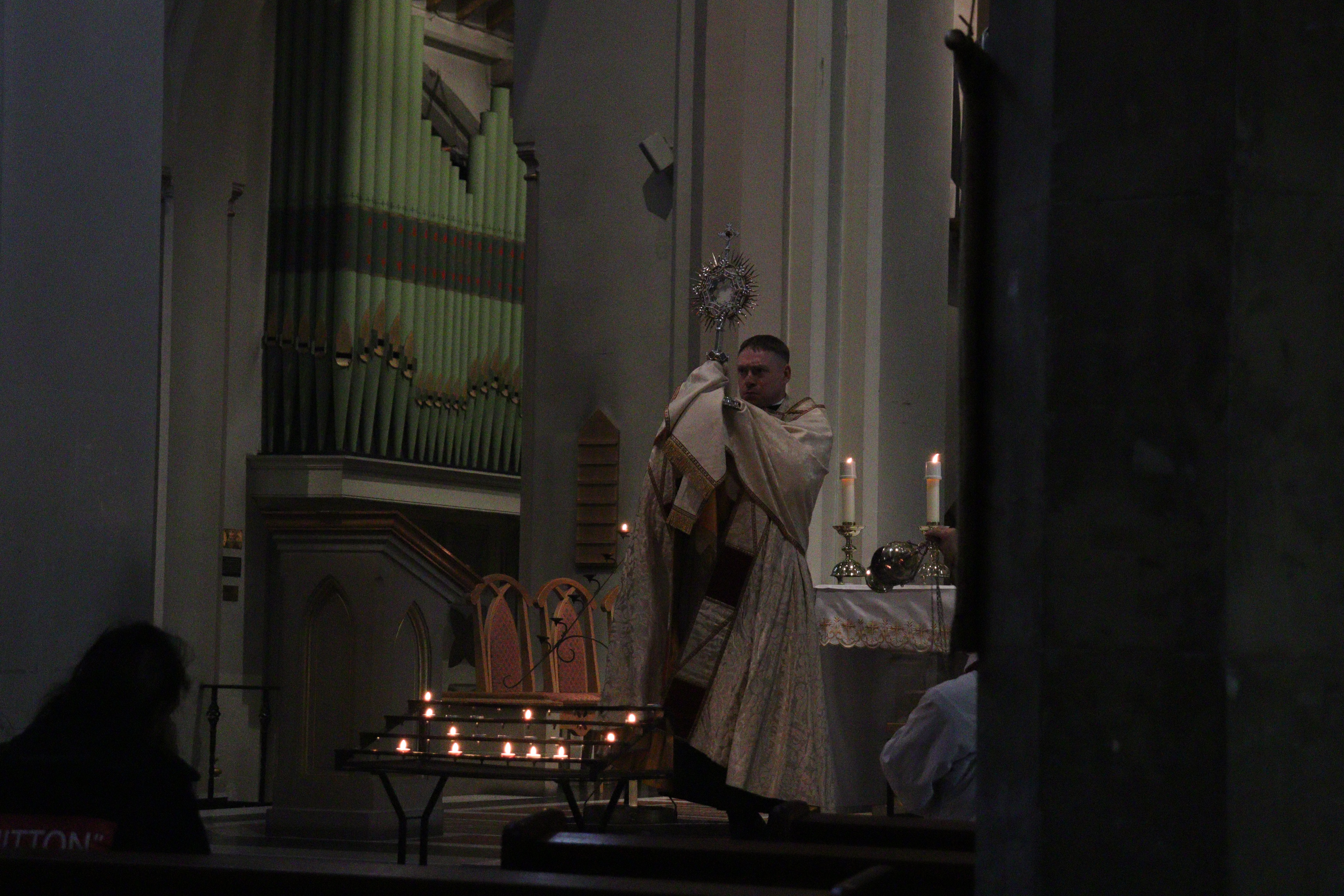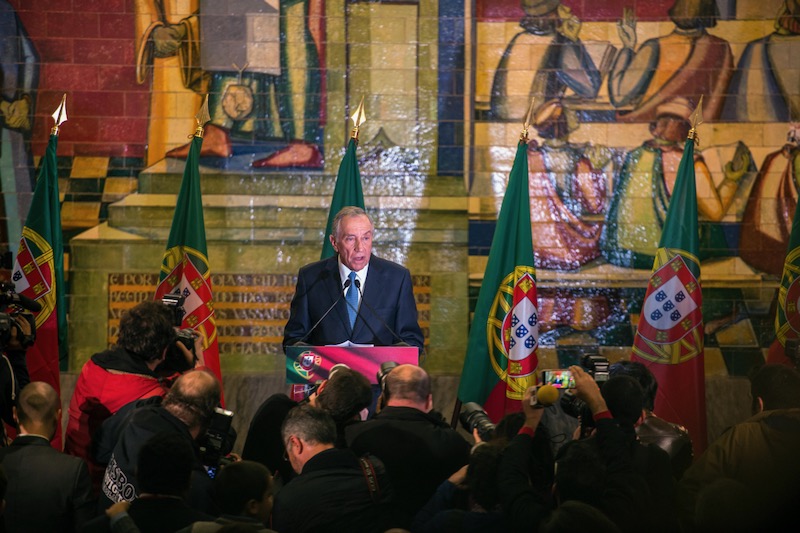Portugal’s president, Marcelo Rebelo de Sousa, vetoed the euthanasia bill that had been approved by Parliament in recent weeks, effectively killing the initiative and postponing any future attempts to a new legislature.
The euthanasia bill was approved by Parliament on 5 November, after the president announced that he would be calling early elections, following the rejection of the 2022 budget by the house.
Normally Parliament would be able to take a new vote on the bill and return it to the president, who could either send it to the constitutional court or sign it into law. He cannot use his veto twice on the same bill. However, with the dissolution pending MPs will not have time to reschedule the debate and table a new vote.
Euthanasia proponents have no other option now than to start the whole process again in the next legislature, which will be formed following elections to be held on 30 January.
The first draft of the law was rejected by the constitutional court citing the presence of undefined concepts such as “permanent injury”. The new version attempted to iron out such issues, but in the note accompanying his veto President Marcelo pointed out inconsistencies such as in the criteria required for people to be able to apply for euthanasia. At one point the bill says that a patient must suffer from a “fatal and incurable disease” and later that it must be a “serious or incurable disease”. Later still, the “or” is replaced by “and”, meaning that the disease must be both incurable and serious.
“The legislator must pick between demanding a ‘serious disease’, a ‘serious and incurable disease’ or a ‘serious and fatal disease’ as a criterion for access to euthanasia or medically assisted suicide – the two forms of medically assisted death that it foresees,” said the president.
Reactions from euthanasia proponents were swift, with one leading leftist MP describing the veto as “cynical” and “inhumane” and vowing to return to the issue in the next legislature.
Opponents applauded the presidential veto and pointed out that MPs have nobody but themselves to blame, given that they had nine months since the constitutional court’s decision to try and come up with a new version of the law that would pass muster, but failed.



 Loading ...
Loading ...